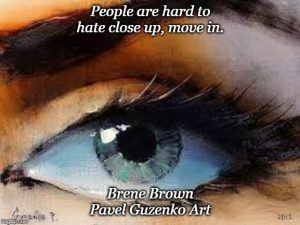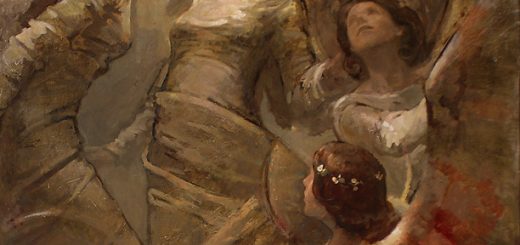Universally particular

When my first son was in his late teens I remember telling him that his pre-frontal cortex probably wouldn’t be fully developed until he was 24 or so. A lot of my parenting was based on the notion that it was my job to give my kids the truth in all forms as well as I knew it. My explanation on his brain development seemed to me no different than a friend telling a friend to call an Uber if they are impaired. The pre-frontal cortex is a pretty big deal as a jumping off point for rationality. I’m plenty older than 24 and still have my issues with exercising good judgment and considering long-term consequences of decisions with a fully developed pre-frontal cortex. So I was giving him a universal to put in use in weighing his particular decisions.
The brain is just like all the other systems of the body and has a general developmental pattern. Interestingly, like the other systems, no two human brains are exactly alike. So, no two people process information in the same manner. As an educator, I feel like I have to say that again for the sleeping students in the back, no two people process information in the same manner. Full stop. Universally the processes are alike, particularly they are different.
Personalities are a good example of the chasm between universal and particular thinking. Everyone has a personality. We meet people all the time who have similarities to us but of course we are not the same. Personality typing has helped me stretch my understanding of myself in an almost magical way and I recommend it highly. I had no idea that some of us are born feeling like something is always missing. When that universal character trait of my personality type was unknown to me, I believed my thought to be a reality. But it isn’t. Now, when I start to believe the thought, I have weapons against it. My favorite is a Richard Rohr quote I keep close. “There is nothing to prove and nothing to protect. I am who I am and it’s enough.”
But we need both types of thinking. Having only a universal perspective can make us seriously short-sighted in relating to ourselves and to others. It morphs the usefulness of knowledge into a waste of time and emotional energy, because I cannot assume that those with my personality type also experience it in the same way I do. Each person has particular experience of their personality type based on all the other environmental factors that touch us.
“Every moment and every event of every man’s life on earth plants something in his soul. For just as the wind carries thousands of winged seeds, so each moment brings with it germs of spiritual vitality that come to rest imperceptibly in the minds and wills of men.” Thomas Merton
On the other hand, having a particular perspective while ignoring universals is a trip into chaos. Universal human tendencies and the realities of life underlie all our particulars. Ignoring those, of which there are many, is like chopping at a weed without taking out the root. Nothing will ever change in that garden. Life is full of contradictions and paradoxes. Security is a myth. Just to name a few.
“Do they not know that stability is like a lover with a sweet mouth upon your body one second; the next you are a tremor lying on the floor covered in rubble and old currency waiting for its return. ” Warsan Shire
Sometimes my editor reads me and then asks, “So what? Why are you blathering on about universal and particular ways of thinking?” I am writing this because I have hurt myself and my relationships by not being aware of my underlying universals and conversely personal particulars. Alain de Botton wrote, “What is a snob? A snob is anybody who takes a small part of you and uses that to come to a complete vision of who you are. That is snobbery.” But it is so much more than snobbery. It makes it easy to create (for ourselves) and deliver (to others) emotional pain. So I think it’s important to never treat people in a particular way based on universal knowledge. And it’s important to be aware of the universals but focus on the particulars, and start with ourselves.




Discussion